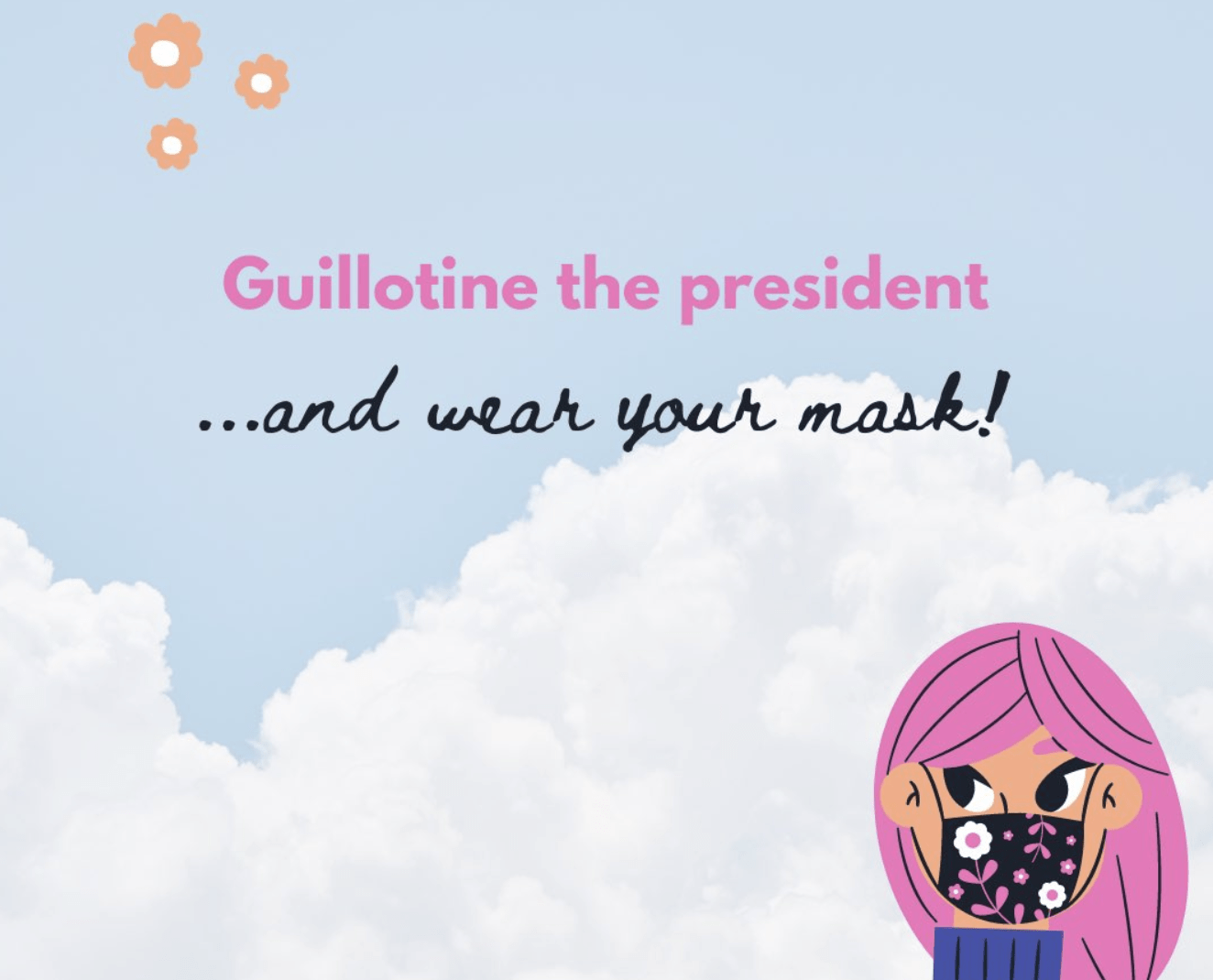It only took a far-right Trumpist coup on the US government for people to start making fun of Instagram activism…
Specifically the Twitter user @AJ_Jeremiah (bæ J) who posted these spoofs.


Yet it wasn’t long before bæ J started receiving replies defending the satirical infographics, and after that, their unironic posting on Instagram was inevitable.
I won’t waste words explaining what Instagram activism is. These days it’s hard to not be familiar with it. Besides, others have already done a far better job than I could ever do covering diverse topics such as the aesthetics and history of infographics (hint: it can be traced back to W. E. B. du Bois) and debating the extent to which it becomes performative or optical activism or allyship.
All I plan to do is to lay out my thoughts and concerns for Instagram activism, what I believe the infographics have added to our lives and how they have complicated things. I have lots of questions and far fewer answers.
- Are we dumbing down serious, systematic issues in society? Those who explain these issues are obviously severely lacking in content and scope. There is often only a short paragraph, or chart on each slide, and sometimes it feels like more effort goes into making the slideshows aesthetically pleasing than educational. Yet, the best infographics acknowledge the shortcomings of Instagram as a medium and point users to other, more comprehensive resources across a diversity of media. And action beyond self-education: there are petitions to sign, protests to go to, fundraisers to donate to. For what it’s worth, I think these latter actions, the crowdsourcing, the “link in my bio” is where Instagram really thrives.
- Does the constant posting casualise instead of raising awareness? Are we changing people’s expectations of learning about racism, about genocide? Compared to attractive, easy to digest infographics, would the challenging, complex, even contradictory work, that infographics direct users to engage with still be accessible or achievable?
- If we are saying that Instagram activism is engaging more people, then logically these are the people who don’t engage in other forms of self-education. But then what are we saying about these people? That they will only read about racism when it has a pastel colour scheme? And I’m sure for some people this is, unfortunately, true. But then, in this form that bæ J so brilliantly satirised, is this still productive or meaningful?
- A major issue with the infographics is the lack of sources, the lack of accountability. Too often statistics are neatly arranged without knowing where they came from. Obviously this is not just a problem with Instagram, it’s systemic to the internet, as well as media in all its forms. From what I’ve seen this is improving somewhat. Now it’s the norm to at least credit the researcher in the description.
- Perhaps the amateurism of infographics, the fact that almost anyone can make one with a quick bit of research plus the graphic design app Canva, is a move beyond the elitism of academism. Particularly when it comes to race, we know that representation is a severe issue in universities, especially in my subject–history–where only 0.5% of academic staff in the UK are black. The beauty of social media is that it gives an audience to anyone with an internet connection.
- When it comes to optical allyship, I think the crux of the debate comes down to the fact that a user can add the post to their story, to encourage their followers to learn about the issue, or more cynically, to demonstrate their wokeness to followers. Yet here I use wokeness not as a pejorative. I use it to mean an attempt to empathise, understand and be inclusive of others, particularly those marginalised in society. Wokeness, and a public desire to be perceived as woke, is something we should see as a positive. And especially for Instagram, which encourages users to brag about how perfect their life, body and partner is. And this is why I quit Instagram when I was 16, frustrated with how personal, how self-absorbed it all felt. I’m encouraged to see debates I’ve seen on other social media coming to Instagram, albeit in its flawed, Instagrammable way.

